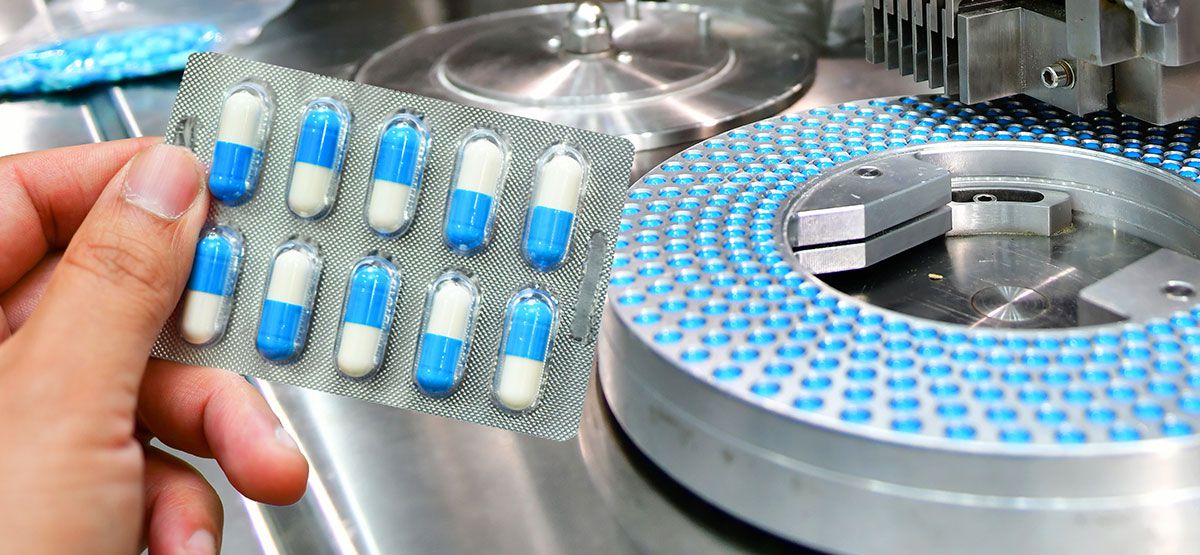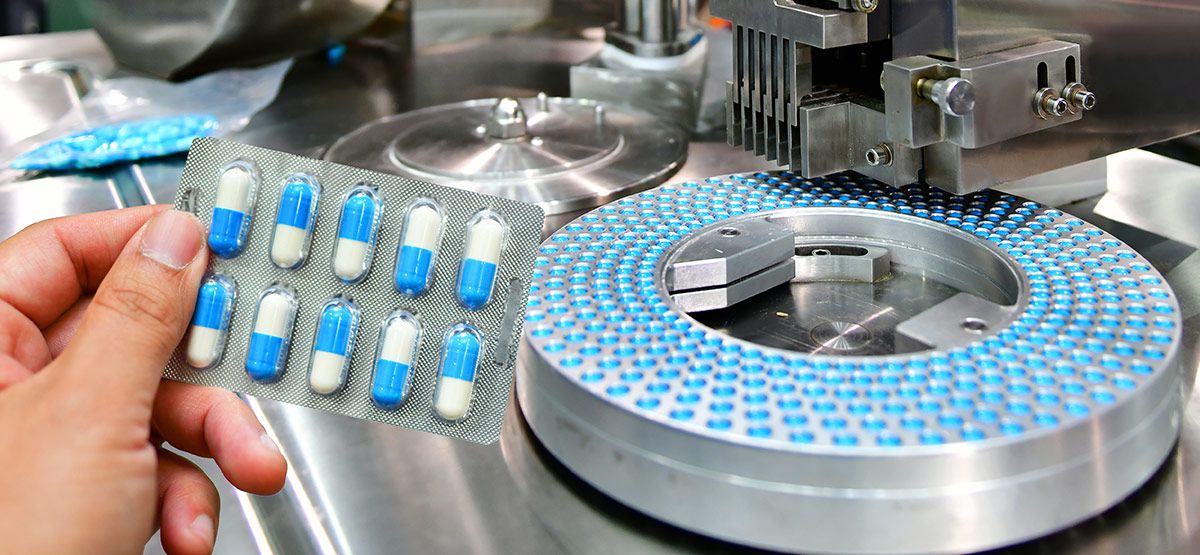
Technology Towards an Efficient Monitoring of Clinical Trials
Clinical Study and Technology are two such genres that are progressing at a rapid rate. The implementation of age old practices does not suffice in any of the scenarios. Clinical trials are common in pharmaceutical industries and they occupy a major part in the approval of a drug. If the process of clinical trials is backed by this evolving technology then the efficiency would be enhanced. Site visits are common in clinical trials but if it is backed by a technology driven study then the monitoring would be aggravated. TULA is one such AI driven tool that offers technological support in the process of Clinical trials performance, risk and compliance management. The major areas where TULA comes into play are:
Risk Identification
Every site is different from the other and hence the risks associated with them are also varied. The risk management strategies identified for one might not be applicable for the other. In this case technology can be of major help in identifying the possible risks associated with each of the sites through an estimated evaluation of their past records. This would enable the Clinical Research Associates (CRA) to put forward a unique risk management strategy for each site.
Action Alerts
Identification of abnormalities with every site visit might be quite time consuming. This slow process might even create a hindrance in the process of taking actions. The AI driven technologies are always active, thereby alerting the drug manufacturers as and when the defined metrics are crossed.
Risk Mitigation
When risk identification is solely being carried out by technology driven tools, the research associates can shift their complete concentration to the alleviation of the previously identified risks. The mitigation of risks in a timely manner will help in the completion of the clinical trial process faster.
Data Verification at Source
There are multiple sources that the data is drawn from; verifying the data after a considerable amount of time increases the workload. With the verification of the data at source through the utilization of technology would not only save time but even make the procedure smooth.
The utilization of technology might be new in the field of clinical trial monitoring but the benefits that they bring forth are immense. The use of such AI driven GRC tool like TULA will enable the organizations to save their hard earned time and work towards the reduction of the soaring costs. The complexity is increasing in the medical world and its only technology that can prevent it from taking a toll on the entire industry.
Get the latest updates from DDismart
Explore Topics
- Clinical Automation (8)
- Consumer Health (1)
- IRT & Clinical Supplies (17)
- Labeling (15)
- Regulations (15)
- Regulatory Automation (12)
- Regulatory Biopharma (1)
- Regulatory Content Management (5)
- Regulatory Information Management (11)
- UDI (10)
- Writing (8)
Recent Blogs
 The Future of eIFU: Simplifyin…Regulations
The Future of eIFU: Simplifyin…Regulations Updates to the GUDID final Gui…UDI
Updates to the GUDID final Gui…UDI Maximize Efficiency: The Impac…Regulatory Information Management
Maximize Efficiency: The Impac…Regulatory Information Management
Previous Post
Next Post
Related Posts
CONNECT WITH US

Let's talk about how DDi can help you

